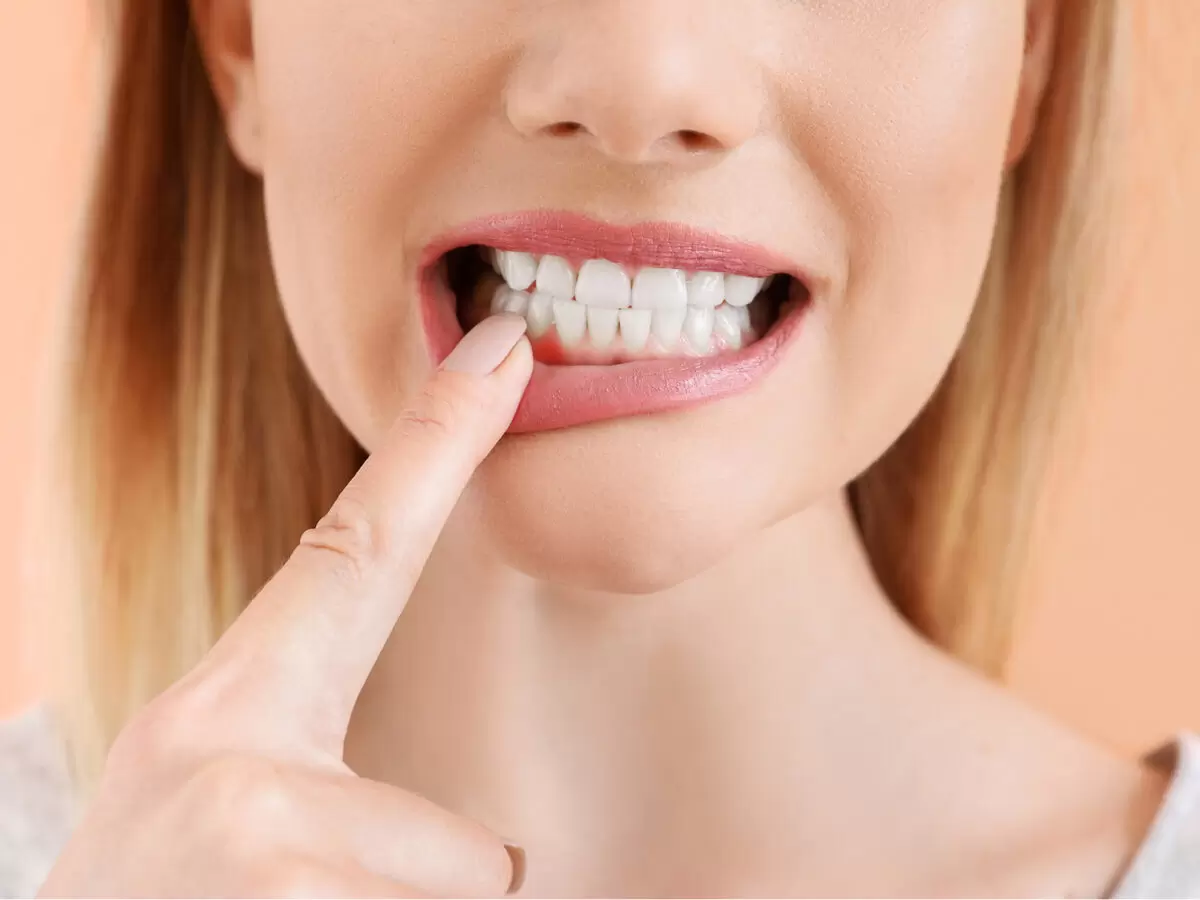Blog
Dental hygiene tips for healthy teeth & gums

Understanding Tooth Enamel Erosion: What You Should Know
Tooth enamel erosion is a common dental issue that can lead to significant oral health problems if left untreated. In this comprehensive guide, we’ll explore the causes, symptoms, and prevention strategies for tooth enamel erosion, empowering you to safeguard your enamel and preserve your smile.
What is Tooth Enamel Erosion?
Tooth enamel is the hard outer layer that protects the underlying dentin and pulp of your teeth. Enamel erosion occurs when the enamel gradually wears away due to various factors, exposing the sensitive inner layers of the tooth to damage and decay.
Causes of Tooth Enamel Erosion:
- Acidic Foods and Beverages: Consuming acidic foods and beverages, such as citrus fruits, sodas, and fruit juices, can weaken enamel over time.
- Acid Reflux and GERD: Conditions like acid reflux and gastroesophageal reflux disease (GERD) expose teeth to stomach acids, which can erode enamel.
- Dry Mouth: Reduced saliva production can lead to a dry mouth, creating an environment where acids remain in contact with teeth for longer periods, accelerating enamel erosion.
- Abrasive Brushing: Brushing teeth too vigorously or using a hard-bristled toothbrush can wear down enamel and contribute to erosion.
- Bruxism (Teeth Grinding): Grinding or clenching teeth can cause enamel to wear away prematurely, leaving teeth susceptible to erosion.
Symptoms of Tooth Enamel Erosion:
- Tooth Sensitivity: Increased sensitivity to hot, cold, or sweet foods and beverages.
- Discoloration: Teeth may appear yellowish or discolored as the underlying dentin becomes more visible.
- Rounded Edges: Enamel erosion can cause teeth to develop rounded or uneven edges.
- Transparency: Teeth may appear translucent at the edges as enamel thins.
- Tooth Decay: Increased risk of cavities and tooth decay due to weakened enamel.
Prevention and Treatment:
- Limit Acidic Foods and Beverages: Reduce consumption of acidic foods and drinks, and rinse your mouth with water afterward to neutralize acids.
- Maintain Good Oral Hygiene: Brush teeth gently with a soft-bristled toothbrush and fluoride toothpaste, and floss daily to remove plaque and food debris.
- Use Fluoride Products: Use fluoride-containing mouthwash and toothpaste to strengthen enamel and protect against erosion.
- Address Underlying Conditions: Seek treatment for conditions like acid reflux or dry mouth to minimize acid exposure to teeth.
- Wear a Nightguard: If you grind your teeth at night, wearing a nightguard can protect enamel from damage caused by bruxism.
- Regular Dental Checkups: Visit your dentist regularly for professional cleanings and checkups to monitor enamel health and address any concerns promptly.
Conclusion:
Tooth enamel erosion is a serious dental issue that can compromise the health and appearance of your smile. By understanding the causes, symptoms, and prevention strategies outlined in this guide, you can take proactive steps to protect your enamel and maintain optimal oral health for years to come.


